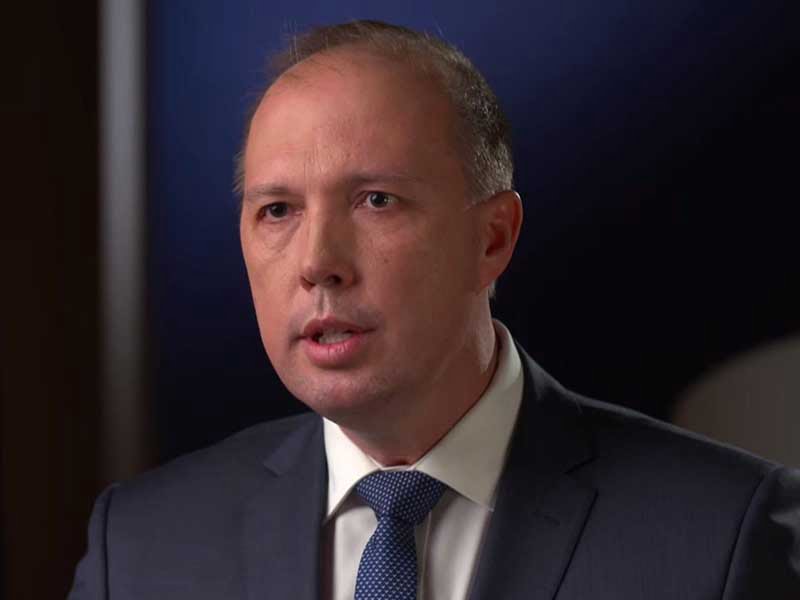The federal government is walking away from its own commitment to an early consideration of amendments to its controversial encryption legislation, according to Communications Alliance chief executive officer John Stanton.
Despite a seemingly straightforward assurance by the government’s Leader in the Senate Mathias Cormann on the day the Assistance and Access Bill passed on December 6, it is understood Home Affairs Minister Peter Dutton has kiboshed any plan to deal with amendments prior to a report from the powerful Parliamentary Joint Committee on Intelligence and Security (PJCIS).
The PJCIS report is expected in April, which effectively puts consideration of amendments to the legislation into the next Parliament, post-election.

In a farcical final parliamentary sitting of 2018, Labor had voted to pass the bill through the lower house with a promise to move further amendments in the Senate. But after government shut down the House of Reps for the year, the Opposition was left with the choice of passing either the bill unamended or leaving the legislation in Parliament over the summer break, opening itself to political attacks on national security grounds.
The Opposition passed the legislation – described by John Stanton as “half-baked” – and the industry now finds itself in an uphill fight for critical amendments.
The collective of industry groups formed last year to oppose the legislation – or at least improve its initial drafts – will start 2019 with a forum in Sydney on Wednesday to highlight the legislation’s dangers and shortcomings.
The group, which includes the Communications Alliance, the Australian Industry Group (AiG), the Australian Information Industry Association (AIIA), the Australian Mobile Telecommunications Association (AMTA), the Information Technology Professionals Association (ITPA) and the multinational digital platform lobby DIGI.
The group will use the forum to highlight its latest joint-submission to the PJCIS.
“Certainly we were disappointed with the way things played out on December 6 [the Parliament’s final sitting day for 2018],” Mr Stanton said.
“There was very little time to consider the government amendments that were distributed on the morning of that day. We certainly felt that they had been prepared with a degree of haste overnight, and almost inevitably there would be some weaknesses to them.”
“We saw some potentially useful elements in the Labor amendments that were proposed and then withdrawn … so to have the bill go through in what we saw as a half-baked form was very disappointing,” he said.
Mr Stanton said the group had initially been encouraged by the commitment by Mathias Cormann to consider amendments to the legislation early in the new year.
“That [commitment] seems to be something that government is now walking away from fairly rapidly with spokespeople from the [Home Affairs] saying that they will think about it after the PJCIS report in April,” he said.
“So while there is ongoing concern that while there is an urgent need to try and improve the bill, we are not convinced that government is actually looking to facilitate that.”
The group has put forward a dozen or so proposals to improve the legislation, including the need for a warrant-based system to provide judicial consent for the issuing of notices by agencies to tech and telecommunications companies.
It has also sought clearly articulate and narrower limits to what security agencies could request, specifically to limit the risk of ‘backdoors’ being created that would put national cyber security at greater risk.
This week’s forum is part of a program of advocacy, but Mr Stanton remains concerned about the ability of the political system to deliver.
“in the current political environment, having any confidence about being able to influence any legislation in the parliament is pretty low,” Mr Stanton said.
“We have limited sitting days before the next election, so we have a degree of cynicism about how much can be achieved. But that’s not reason to go meekly,” he said.
“These are fundamental issues to the liberty and cybersecurity of Australians. And so there are a whole plethora of stakeholders who want to make that point, and to not let these issues be swept under the carpet.”
Peter Dutton’s office did not respond to queries from InnovationAus.com on Monday.
Do you know more? Contact James Riley via Email.

